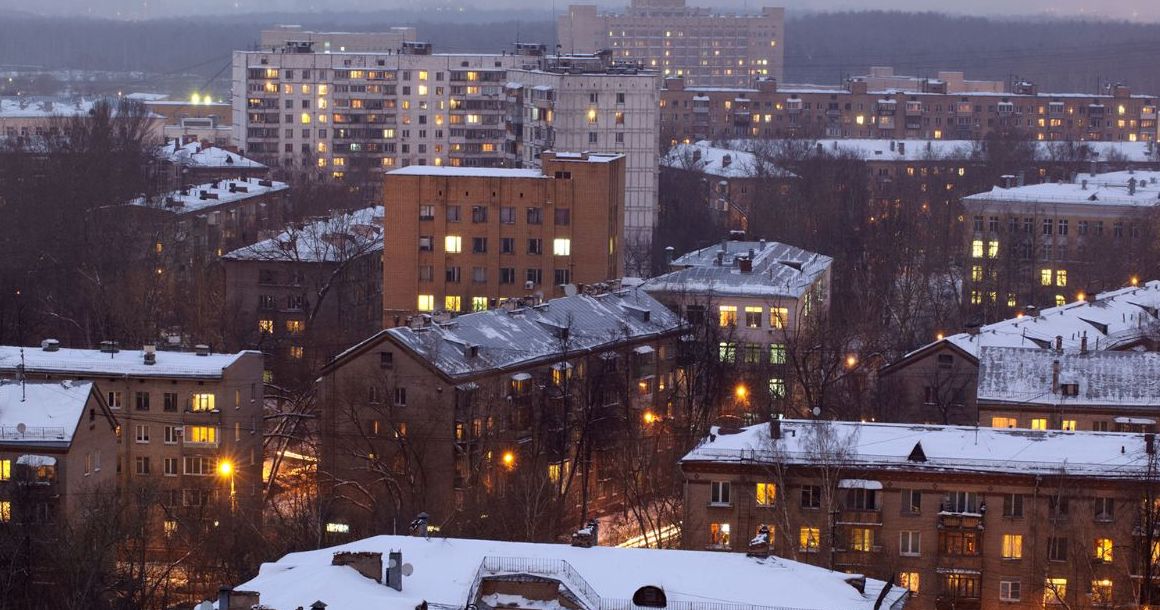Technically, winter has only just begun and we have a long season ahead of us. Not only can the cold weather take a toll on your personal well-being, but it can also have negative impacts on the buildings we inhabit every day. Winter wear and tear can wreak havoc on a home or a business -- but only if you let it. While 65% of homeowners are most likely to repair their roofs following weather damage, there are some things you can do to protect essential structural elements of your house (along with any other property you own or manage) during this time of year. Let's discuss how snow and ice can cause damage during the winter and how you can prevent this scenario from happening to you.
Ice Dams
One of the most common winter hazards for a building's roof is the formation of ice dams. Ice dams can occur when water gathers within your gutters and other areas of the roof; when temperatures drop, ice forms. This can cause everything from clogs and leaks to damaged shingles and gutters. It's important to make sure your home is insulated properly and that your roof's temperature is consistent in all areas to prevent ice dams. Certain roofing types, like metal roofs, are less prone to ice dams while others (like flat roofs) are more vulnerable to them. You should also make it a point to clean any debris out of your gutters before winter's arrival and keep an eye on your gutters throughout the season in case you need to conduct further maintenance.
Roof Collapse
Although properly ventilated roofs can last 20 years or longer, the immense weight of snow after a big storm can put a lot of stress on your roof. In fact, many experts cite that it takes only a few feet of fresh snow (and an even smaller amount of compressed snow) to put significant strain on your roof. Allowing snow to build up on your roof can be disastrous, but you can mitigate the problem by using a roof rake to clear it off. It's also a good idea to have your roof professionally inspected to pinpoint any existing areas of weakness prior to the first big snowfall of the year.
Frozen or Burst Pipes
Of course, your home's exterior is its first line of defense against the elements. Understandably, it'll see some wear over the years. But elements on the interior of your home can also be negatively impacted by cold weather. Your plumbing, for example, can be quite vulnerable to damage from extreme temperatures. You can prevent issues like frozen or burst pipes by installing some plumbing insulation and by sealing up any cracks or gaps in your basement, crawlspace, or attic. You should also keep cabinet doors open to allow warm air to circulate around plumbing during the night. It may be wise to invest in a leak detector or to keep a faucet running if you're worried about overnight freezes. If you know you'll be away from home or from the office for a few days, be careful not to set your thermostat too low; if you do, you might return to a dire situation!
Landscaping Damage
Landscaping can do wonders for the curb appeal of your home or business. And while winter isn't especially known for providing landscaping opportunities, you'll still want to take care of your property during this time of year. For one thing, ice and snow can damage walkways, especially those that are already cracked or showing signs of age. Water can seep into those cracks and will expand and contract with the changing temperature, making existing damage worse. This can present both an aesthetic problem and a safety hazard, particularly for visitors. While 96% of personal injury claims are settled through negotiation, you won't want to open yourself up to liability. As such, you'll want to fix any existing problems quickly and ensure that walkways are properly salted to prevent slips and falls. As far as other landscaping goes, you'll want to remove any dead or dying tree branches and trim any back that might cause issues when heavier snowfall occurs. This can prevent damage to your roof or vehicle in the event of a big storm. After a storm, you'll need to survey your property and assess any damage to keep both your property and other individuals safe.
In many parts of the country, winter weather can be treacherous. It's important to prepare as best you can and know the right steps to take in the event of a seasonal emergency around your home or place of business. With this information in mind, you may be able to prevent significant damage.

